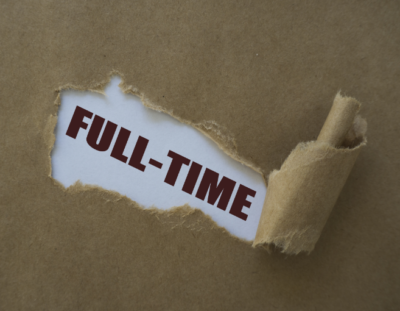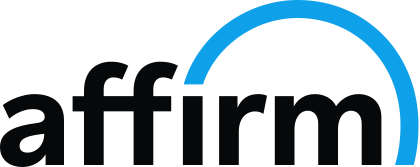 It’s time. You’ve weighed the pros and cons and you’re finally considering a transition from freelance to full-time employment. If you are heading back to the office or staying remote, you’re at a crucial pivot point. So where do you start? And how do you strategically showcase your achievements, re-brand your professional identity, and negotiate a smooth transition?
It’s time. You’ve weighed the pros and cons and you’re finally considering a transition from freelance to full-time employment. If you are heading back to the office or staying remote, you’re at a crucial pivot point. So where do you start? And how do you strategically showcase your achievements, re-brand your professional identity, and negotiate a smooth transition?
Whether you are just starting your job search, or you’ve been on the hunt and need help pushing your resume to the top, this 2-part guide will provide actionable steps to help get on track.
Strategically Showcase Your Freelance Achievements
Identify and Highlight Key Freelance Projects
When transitioning to a full-time position, with either a single employer or agency, it’s essential to curate your resume and online presence to re-brand yourself to align with the prospective role. If your experience does not match directly to the level identified by the employer, you can look within your achievements to identify skills or projects with similar responsibilities, or within the same industry.
- Select achievements that align specifically with the skills applicable to the position and highlight them on your resume and bio.
- Re-brand any personal websites and business-related social media away from content that identifies you as a freelancer so that it appeals more to prospective employers and showcases your experience in an easy-to-read and accessible format.
- Employers respond to numbers and metrics – they PROVE you can make the impact you say you can. Quantify achievements and results to demonstrate impact. Highlight and illustrate tangible evidence of your successes, such as increases in sales, subscribers, efficiency or client satisfaction.
Transferable Skills Are Your Secret Weapon
You’ve gained numerous transferable skills during your freelancing career. Showcasing them in a manner that aligns with the company, as well as the requirements advertised, will help illustrate how your varied history is an asset to their culture, rather than looking like a gap in your resume. (by the way, those resume gaps don’t hurt as much as they did years past)
Identify skills acquired as a freelancer that are relevant to the new role: Include soft skills like adaptability, communication, problem-solving, time management, and project management skills as well as technical skills and certifications.
Consider a Professional Resume Writer
Your old resume got you here, but is it taking you where you want to go next? Perhaps you have already tried writing it on your own, or even sought peer advice. But when going through career transitions or leveling up, you need an edge to get your resume among the few that go past stage 1.
You don’t know what you don’t know, but top-tier certified resume writers are in business for a reason. If your resume isn’t already “there”, ask advice from the folks who can get it there.
Effective Communication Strategies for Interviews
Successful Communication about Freelance Experience Requires Preparation
Develop concise and compelling narratives about client interactions that highlight your contributions and successes. Be prepared to discuss the challenges and solutions you faced and relate the story to ways you may benefit the prospective company.
Demonstrate Collaboration and Client Satisfaction
Illustrate your ability to collaborate and ensure client satisfaction. Provide examples of instances where you exceeded client expectations and include metrics when beneficial.
- Highlight instances where your role in a collaboration played a pivotal part in its success and emphasize how you helped create a positive and productive client relationship.
- Showcase client testimonials or positive feedback and include instances where your work had a measurable impact on client satisfaction.


















